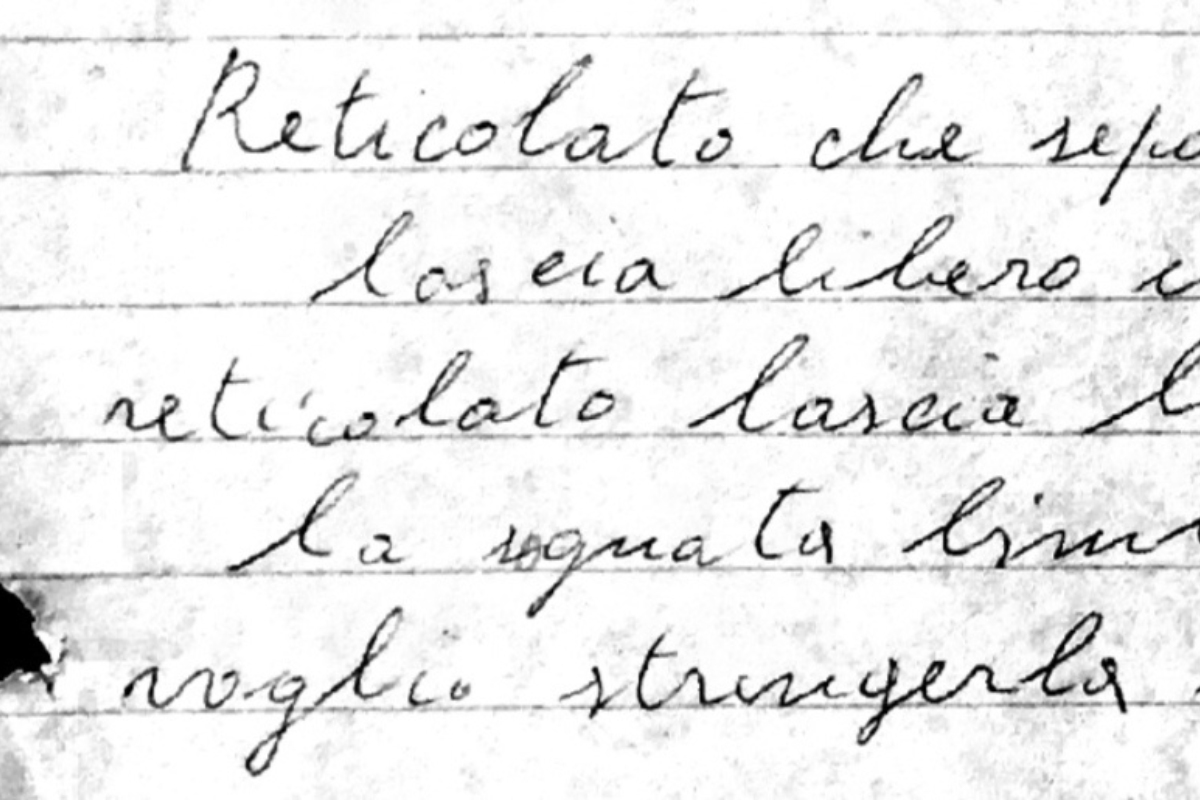
Meet the skalds
Among the most respected figures in medieval Scandinavian society was the court poet, or skald, who composed verses celebrating his king’s exploits. Other skalds operated outside the court, sometimes celebrating their own exploits. Christian skalds recorded the lives and miracles of the saints, apostles and Virgin Mary.
This rich tradition of Skaldic poetry, which originated in Norway in the ninth century but was mainly developed by Icelandic poets up until the fourteenth century, is widely recognised as one of the most important legacies of European medieval culture. It also constitutes a critical source of information about Old Norse history, mythology and religion.
The early skaldic works were oral, composed and memorised by poets with a deep knowledge of Norse history, culture, literature and mythology. They drew on old Germanic legends, glorifying kings and chieftains, as well as pagan gods and goddesses. Later skaldic poetry dealt with a broader range of subjects but continued to draw on the older Norse legends.
Once the coming of Christianity introduced the art of writing, the poems – alliterative, with ornate, syllabic metres, and replete with metaphors – shifted from oral to written form.
Creating a literary & cultural treasure trove
Thanks to its complex structures and language, however, the poetry was for a long time inaccessible to all but a small group of scholars. The standard edition of the poems is more than a century old and is in Danish. It also lacks any interpretative notes, making this frequently cryptic poetry, with its multi-layered metaphors and interwoven sentences, very difficult to understand.
Now, thanks to a large-scale international collaboration initiated and led by Australian researchers, the entire collection of surviving skaldic poetry will be available to be read and appreciated by contemporary medievalists across many disciplines, including literary and historical scholars, linguists, anthropologists and archaeologists.
Skaldic Poetry of the Scandinavian Middle Ages is a new, nine-volume critical edition of the poems which includes a mass of interpretative material, including English introductions, translations and explanatory notes. Five volumes have been published since 2007; the remainder are forthcoming.
This monumental scholarly endeavour – the biggest Old Norse-Icelandic research project currently underway – involves about fifty contributing editors worldwide. Its editorial board is headed by Professor Margaret Clunies Ross, former director of the Centre for Medieval Studies at the University of Sydney. Clunies Ross is also the editor of the volumes of skaldic verse on Christian subjects and on poetry in legendary sagas and is co-editor of the next volume to be published, on poetry in family sagas.
The books are also available as electronic editions, via a searchable database, created by Dr Tarrin Wills, formerly of the University of Sydney, now of the University of Copenhagen, which includes images and transcriptions of the original manuscripts.
As Yale University’s Professor Roberta Frank has written:
“Those outside the field now have a chance to discover for themselves the jagged conglomerate of the sensual and spiritual that is skaldic verse.”
A landmark legacy of Australian leadership
The ambitious project is the result of globally acclaimed leadership and innovation by Australian researchers who established international collaborative networks.
It has been endorsed by the Union Académique Internationale, the global organisation of national humanities and social sciences academies.
The new edition is based on a fresh examination of all known manuscripts. The researchers reviewed earlier editions, scholarship and textual criticism, and undertook linguistic, historical and literary analysis.
The project is expected to stimulate a wealth of further research, including by other scholars outside the field of medieval Scandinavian studies.
Skaldic researchers, meanwhile, can use the database for ongoing study of skaldic diction and for a new dictionary of the language of the poems.
In opening up this literary and cultural treasure trove long denied to the wider scholarly community, Skaldic Poetry of the Scandinavian Middle Ages is a landmark legacy of Australian leadership in scholarship and a monumental bequest to humanities scholars worldwide.



